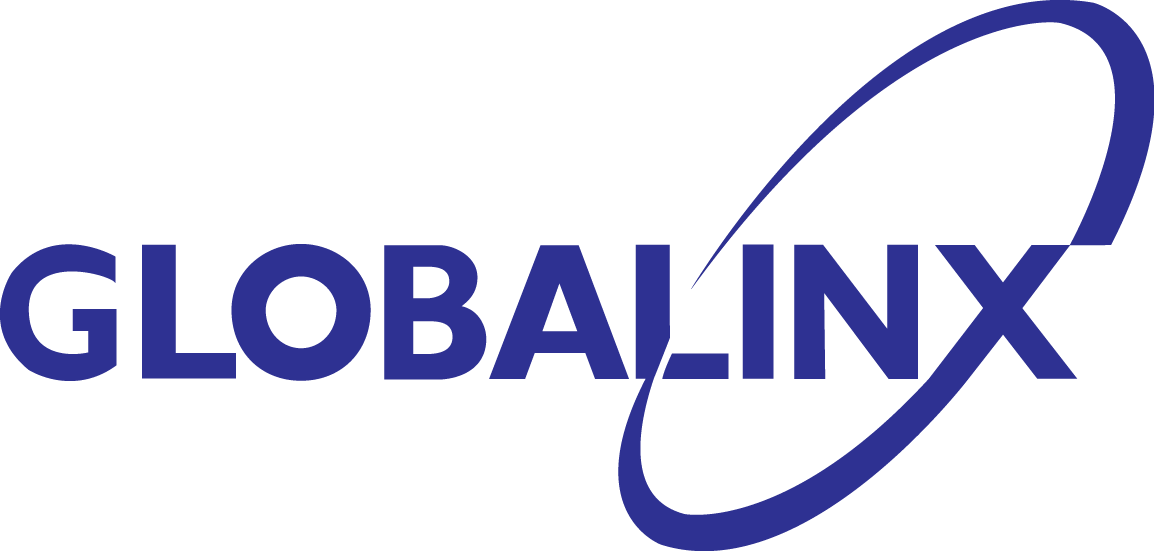Many businesses consider social networking tools frivolous and have banned their use in the workplace or have not supported them by limiting access. Many companies still frown on the idea of employees spending any part of the workday on Facebook, YouTube, or Tweeting.
However, social networks offer significant benefits to corporations if used properly. They can enrich and enhance business processes, and significantly increase employee productivity. By embracing social networking tools and creating standards, policies, procedures, and security measures, corporations can ensure that these tools are used in a manner consistent with the corporation’s strategy and leveraged as business support and learning tools.
Personal and Business Use Has Benefits
Human beings are social animals; we build communities through family, school, organizations, work, and personal interests. We create networks of people with whom we have personal contact, and we frequently turn to these contacts when we need advice or information. It’s no different in the work environment; when we make personal contact with someone, that association makes it much easier to accomplish a business outcome. It makes sense for businesses to encourage employees to get to know one another, even though they might not encounter these individuals during the course of the typical workday.
Providing a forum for employees such as a company-only Facebook page or Twitter page will encourage employees to reach out to one other. They might be networking about work-related interests, or about golf or scheduling a drinking party. Such activity, whether work- related or not, builds relationships and it is our relationships that enable us to find appropriate people and work with them more effectively than if we did not know them at all. Somewhere within that random series of connections lies genuine value to the business, as employees exchange information and make contacts outside their “normal” sphere of work acquaintances.
Business Support Selecting the appropriate social media tool depends on many factors, including corporate culture, business needs, etc. However, there are a few basic functions that organizations need to leverage when using social media:
Collaboration
Tools that allow people to meet and share documents, and give presentations, etc. This can include text, video, audio, and other combinations of functions. This can be accomplished through file sharing sites and communication tools, such as Skype, WebEx, or GoToMeeting, etc.
Information
Wikis and other types of interactive document storage facilities such as Google Docs and various other file sharing services provide workgroups with secure access to project information and documents. The information is updated by the group’s members making the information fresh and relevant.
Communication
Blogging and Tweeting has become a favored way for many people to communicate with friends and colleagues and for executives to communicate with employees. YouTube- style videos and Webinars can be used to share information and train dispersed teams and workforces.
Access to expertise
Linkedin and Facebook-style platforms allow (and encourage) employees to post information about themselves, their experience, and their skills. Because these are highly interactive, content can be pushed to people who have indicated specific interests.
Philip Deane


